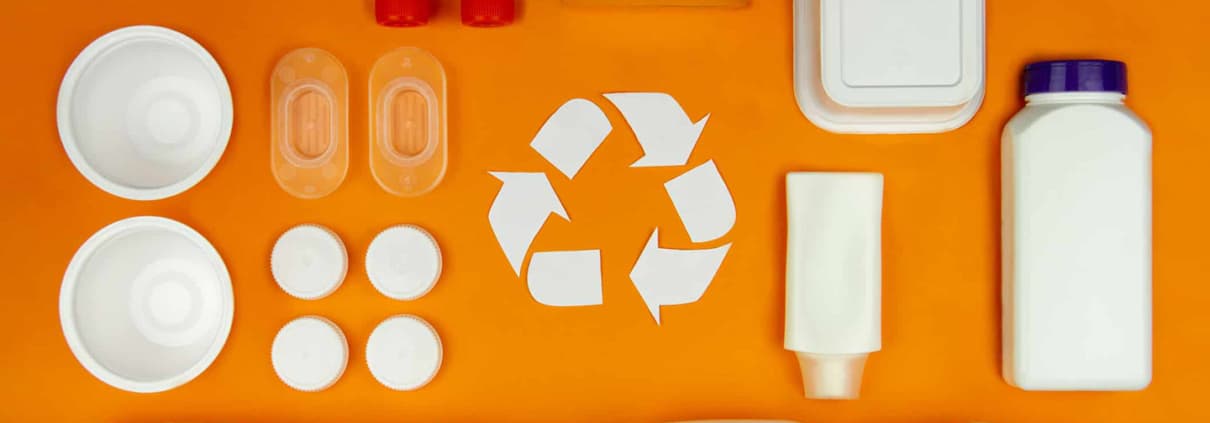Identify Safety Barriers to Broad Adoption of Recycled Polyolefins for Food Packaging
Defining a path to the production of clean recycled plastics is key to their sustainable use in food and beverage packaging. Despite significant advances in recycling science, obstacles remain to broad utilization of recycled plastics including the need for reliable and predictable sources of safe and inexpensive post-consumer products. This project will identify key elements in generating clean recycled plastic such as polyethylene terephthalate (PET) and use that as a model for improving safety of recycled “challenging” plastics such as polyolefins. The project will also identify potentially hazardous intentionally and non-intentionally added substances (NIAS) in recycled plastic and sources of contamination. Lastly, the project will lead to a roadmap to resolve safety issues and enhance adoption of a wide range of recycled plastics.
Institution: Iowa State University
Principal Investigator: Greg Curtzwiler
Year Awarded: 2021
Read more: Expanding Plastics Recycling Technologies: Chemical Aspects, Technology Status and Challenges
Read more: Global Plastic Waste Recycling and Extended Producer Responsibility Laws
This work is supported by the IAFNS Food Packaging Safety & Sustainability Committee.



